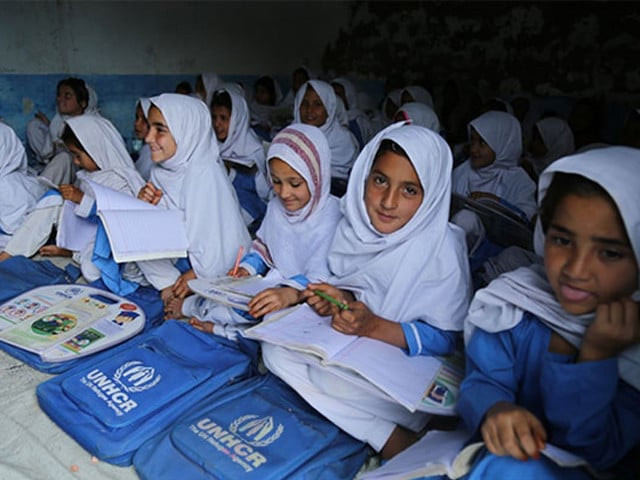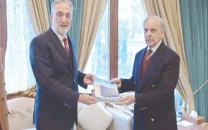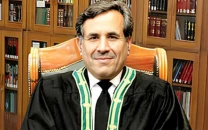Experts discuss education crisis in Pakistan
Activist Nargis says modernising education system is crucial for state’s development

The state’s lack of interest in promoting education is leading us nowhere but to poor educational quality in both schools and universities, said Economist Dr Kaiser Bengali.
While addressing a seminar titled “improving the Education System of Pakistan,” organised by the Pakistan Women’s Foundation for Peace (PWFFP), Dr Bengali pointed out the double standards of the elite class that secure top-notch education for their children via the Cambridge Schooling System but fail to support educational development in Pakistan.
He criticised the state of mathematics education in Pakistan, noting that the private sector also fails to provide a high standard of mathematics education. He emphasised that a solid foundation in mathematics is essential for producing scientists.
He highlighted the inadequate mathematics syllabus, which often leads to students memorising concepts without truly understanding the subject.
He expressed dismay over Pakistan’s reliance on imported goods, highlighting the country’s inability to manufacture simple items like stapler pins.
PWFFP Chairperson, Nargis Rehman, hosted the seminar and emphasised that modernising the education system is crucial for development.
She stressed the need for collective efforts to promote literacy among the underprivileged, highlighting the importance of skill training, extracurricular activities, and modern technology in the education system.
Nargis lamented that cheating in exams has become rampant in Pakistan.
She noted that Pakistan trails behind its neighbouring countries in development and stated that educational institutions have commodified education, turning it into a business.
Present on the occasion, Educationist Baela Raza Jameel highlighted the dire situation in Pakistan, where 60% of the population cannot afford the educational expenses of their children. Baela noted that the country has been without an education policy since 2009.



















COMMENTS
Comments are moderated and generally will be posted if they are on-topic and not abusive.
For more information, please see our Comments FAQ